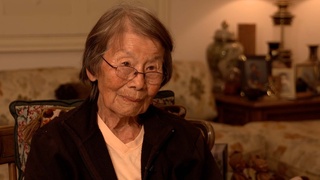Interviews
Never being Japanese
You’re never in, in Japan, because if you’re a foreigner… I know guys that their Japanese is flawless. They’ve gone to Japanese school at Waseda. One of my friends has been a professor there for 20 years, and his Japanese is impeccable. His written Japanese is better than most top businessmen. But, he’s still treated like a foreigner.
It’s just something that you realize and you get to know. Maybe some people don’t, and that’s why they get frustrated and that’s why they leave. But if you understand that about Japan, it’s very kind of a homogenous culture. The way that they deal with other people is they have system, and they have their ways of doing it. It’s changing a little bit, but you’re never going to be Japanese. You can never be Japanese. So I don’t even try.
Date: September 12, 2003
Location: Tokyo, Japan
Interviewer: Art Nomura
Contributed by: Art Nomura, Finding Home.












